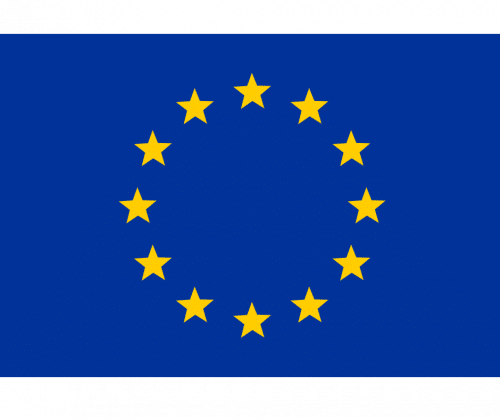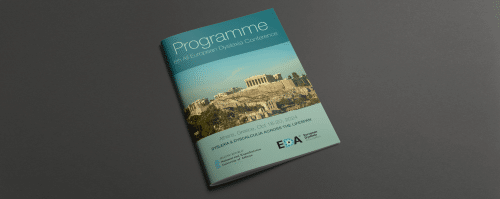The Publications Office of the European Union has published the reports of the Reading Disability and Document Access (RDDA) project. The RDDA project aims to make the documents/publications and websites of the Commission and EU institutions more accessible for people with reading disabilities. The EDA welcomes the publications of these reports, following our participation in the Phase 2 evaluation.
The evaluations found that automated PDF remediation on documents and websites allow for greater but not always full compliance with accessibility standards. Gains in accessibility did not systematically correlate with user experience. The type of language and alphabet were not found to have a significant impact. It was also concluded that “format solutions for publishers and webmasters may have less impact on readers than solutions for end users.” EDA recognises that the ability of a user to individualise how they access, view and read a document is key. Being able to change font type, size, how a document appears on screen or read it using a screen reading tool enables individualised accessibility suited to each users unique needs. Combined with efforts by publishers and webmasters to enhance the accessibility of their documents, all citizens can have access to EU information. The full reports are available at http://pocrdda.publications.europa.eu/index.html
The EDA thanks the Publications Office of the European Union for its work to increase accessibility of EU publications for the millions of European citizens who have dyslexia and other reading difficulties. The EU and its agencies have an important role to play in setting standards and modelling good practice in how information is produced and disseminated. Respecting the standards for digital accessibility is the key to facilitate reading and understanding for European citizens with special needs, whether they have visual impairment, specific learning disabilities or any kind of disability as well as all citizens with lower reading ability.
EDA thanks former MEP Daniele Viotti for proposing this project, and for those who continue to work to increase access and inclusion for people with dyslexia. EDA would also like to thank five of our member associations who assisted with the proof of concept evaluations:
- Fédération Française des DYS, for French documents;
- Bundesverband Legasthenie, for German documents;
- Ελληνική Ένωση Δυσλεξίας, for Greek documents;
- Dyslexia Association of Ireland, for English documents;
- Associazione Italiana Dislessia, for Italian documents.




